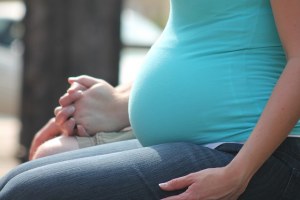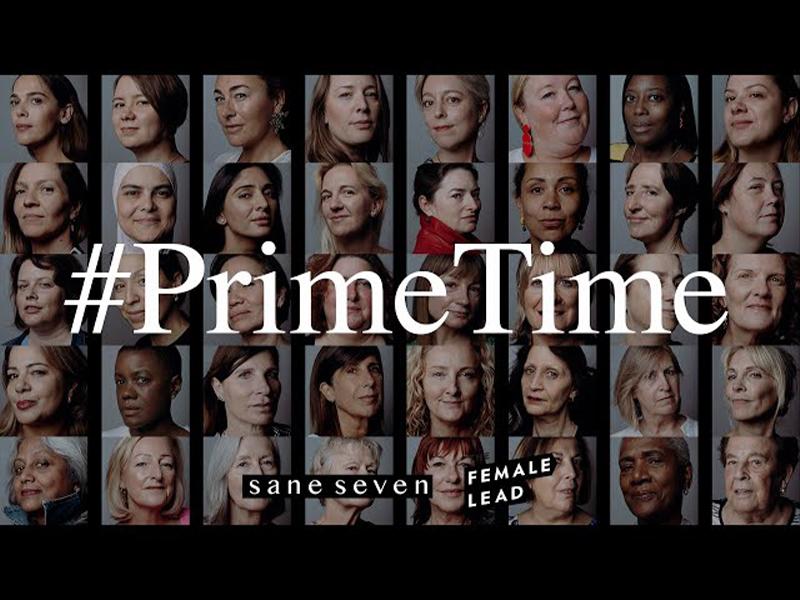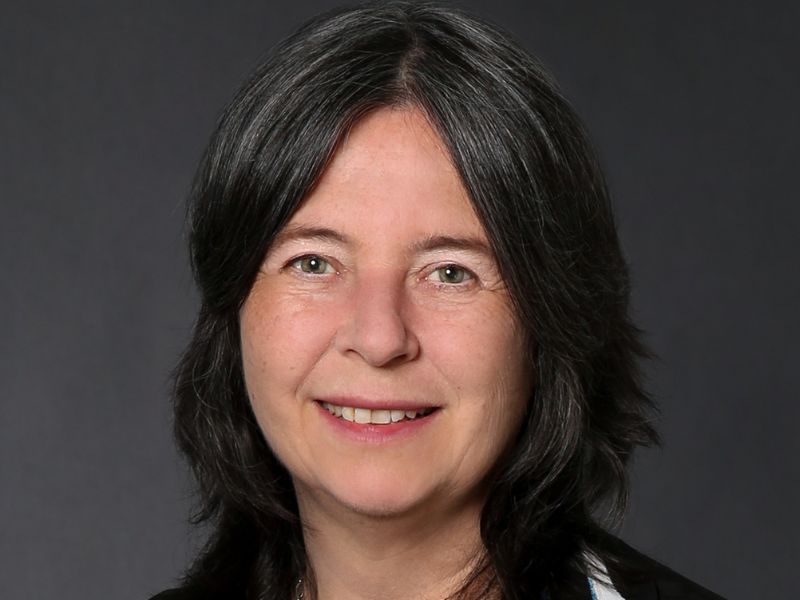
Not enough emphasis has been placed on gender equality in politics to “get a handle on things” said Jo Swinson, former Women’s Equalities Minister in a recent interview with WeAreTheCity.
In September 2012, she became Minister for Employment Relations and Consumer Affairs in the Department for Business, Innovation and Skills and Women and Equalities Minister. She was elected as the Liberal Democrat MP for East Dunbartonshire in 2005. At 25 she was the youngest politician in the House of Commons.
The House of Commons is currently made up of 29% women, up from 22% in 2010. 191 women were elected at the 2015 General Election, 44 more than in 2010. 191 is the highest ever number of women in the House of Commons.
However, despite the rise Swinson stressed that 29% is still not good enough: “It would be funny if it wasn’t serious. There has not been enough emphasis on gender equality to get a handle on things.
“Politics for women is made out to be something terrible to be in instead of how rewarding a career in politics can be and how you get to make a difference and campaign for significant changes. There are lots of fantastic women out there who would love a career in politics.”
Swinson said assumptions about male dominated industries is prevalent outside of politics too: “In terms of employers, companies need to address gender equality as a business issue and something that is discussed at board level. When progress is not being made then the question should be ask ‘why?’
“It’s about communicating better within all industries and understanding that men and women see things differently. For example women are concerned more about walking home in the dark and might chose not to network after work. Businesses are probably not going to get there over night, but if the intent is there then it will slowly change.”
The motherhood trap
Swinson noted that change needs to be reflected by male leaders too for it to have an effect on the culture and mind set of the company: “If the man at the top says he’s leaving early, because of family commitments that has a powerful impact on the culture of the company.”
mind set of the company: “If the man at the top says he’s leaving early, because of family commitments that has a powerful impact on the culture of the company.”
Discussing the coverage of female election candidates she said: “Women get a penalty whether they are a mother or not. It’s not just in politics but there are double standards in other industries too.”
The coverage of female in politics continues to hit the headlines for criticisms over women politicians being painted as childless or selfish mothers, whereas for men having a wife and children seems to be a political resource.
For example, in 2005 when Angela Merkel got her first chance at leading Germany’s ruling coalition it was widely reported that the wife of her main rival, Gerhard Schröder, said Merkel “does not embody with her biography the experiences of most women” mentioning childbirth and school admissions. Doris Schröder-Köpf made her comments despite her own husband not having any biological children himself – the couple have two adopted children, and a daughter from her previous relationship.
Swinson married fellow Lib Dem MP Duncan Hames in 2011 and they have a son together. She said herself and her husband were treated differently by the media and that fatherhood in politics is covered differently to motherhood: “It used to drive me round the bend getting asked questions about how I manage a career and being a mother. I used to think ‘do you ask male politicians how they manage to be a dad and an MP?’ There are lots of male ministers in office who have had kids and no one batted an eyelid. Fatherhood is almost invisible.”
She told of differences between how the media question her compared to her husband: “My husband and I were asked different questions and people made different assumptions. He found that when discussing fatherhood, and the challenges, with other male MPs that a lot didn’t know who of the others had children. Discussing that for both men and women is important as people don’t leave themselves at the door.”
Shared parental leave
Shared parental leave was past as an employment law by the Coalition Government last year and now parents  of babies due on or after 5 April 2015, or children adopted from this date, are eligible for shared parental leave.
of babies due on or after 5 April 2015, or children adopted from this date, are eligible for shared parental leave.
Swinson drew attention to a report released in July which claims 54,000 women are forced out of jobs within the UK because of maternity and pregnancy. According to the Equality and Human Rights Commission women lose their jobs because of illegal discrimination.
The survey of 3,200 women found that 11% of the women surveyed said they had been dismissed, or made compulsorily redundant where others in the workplace were not or they had been treated poorly and felt they had to leave their jobs.
Furthermore, around half of mothers who had arranged to work flexibly said they had received fewer opportunities at work or felt that their opinions were less valued.
“Our economy can’t afford to waste that talent,” said Swinson who believes share parental leave will help solve this problem to ensure it is not just an issue for women.
While she was on maternity leave Swinson did not get a replacement. Instead her office staff looked after her constituents in East Dunbartonshire and Lib Dem colleague Jenny Willott performed her ministerial duties.
When she returned to work Swinson campaigned to change the rule that no one other than an MP could pass through the voting lobby, to make it easier for parents who worked late in Parliament to be present for votes.
Previously no one other than an MP was allowed through the voting lobby, but a special exception had been made for David Blunkett’s guide dog, Sadie.
Voting can go on until late into the evening and being able to take a baby through the voting lobby means parents do not have to leave their children with a stranger when they are called to a vote at last minute.
It was reported last year that Willott would have to wait for fellow MPs to vote before being able to hand over her baby to the nearest MP to go and vote herself.
After the rule was changed Hames and Swinson’s baby was the first to be carried through the voting lobby of the Commons. Her husband was the first to carry the baby through for a vote to highlight that male MPs are parents too and that many struggle with juggling a work/life balance as much as female MPs: “It was a fairly small change, but it did make a difference,” she said.
Swinson continues to campaign in support of women on issues such as maternity leave, flexible working and the benefits of shared parental leave at no extra cost. In September Swinson joined retail returns intelligence solution, Clear Returns to its board as a Non-Executive Director.








